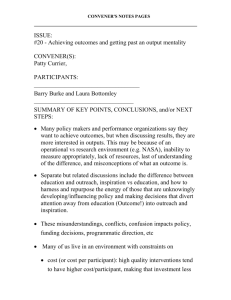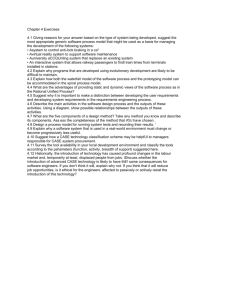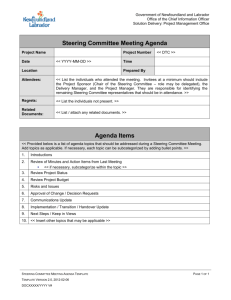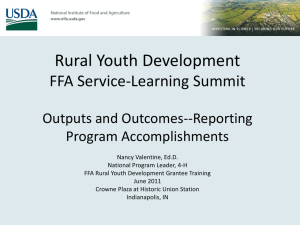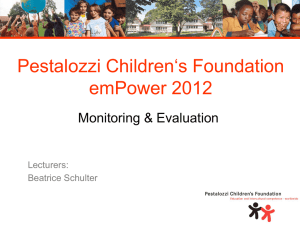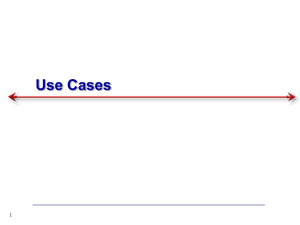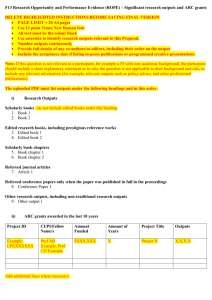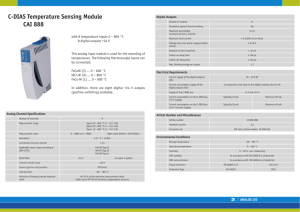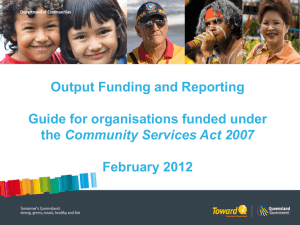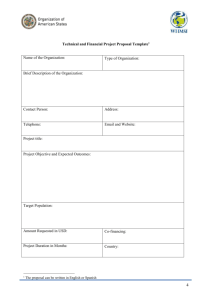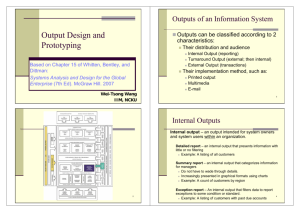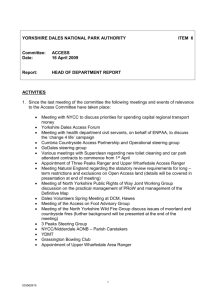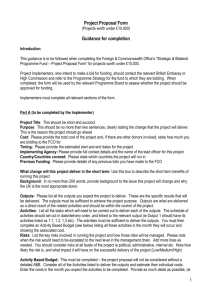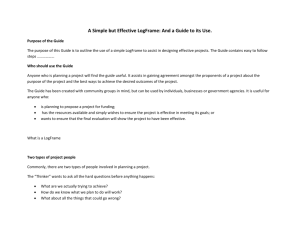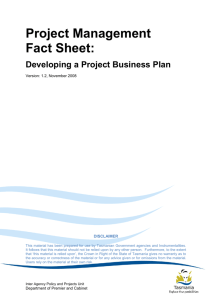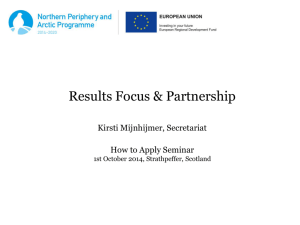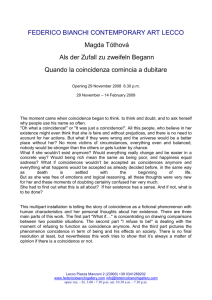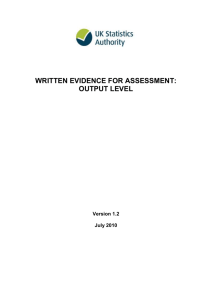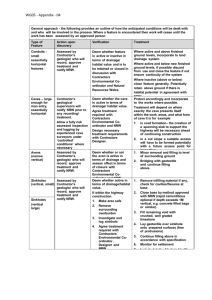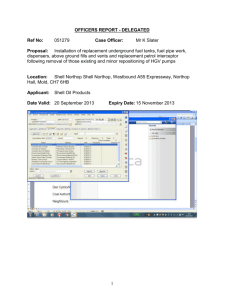Finding Opportunities to Improve Monitoring Activities
advertisement
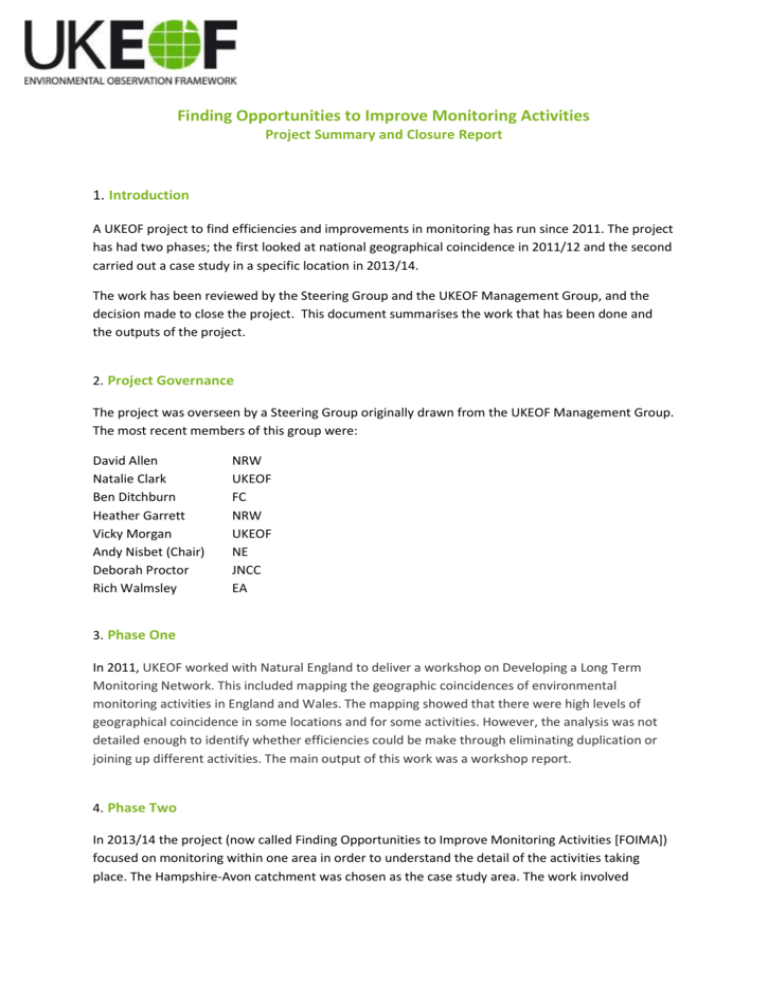
Finding Opportunities to Improve Monitoring Activities Project Summary and Closure Report 1. Introduction A UKEOF project to find efficiencies and improvements in monitoring has run since 2011. The project has had two phases; the first looked at national geographical coincidence in 2011/12 and the second carried out a case study in a specific location in 2013/14. The work has been reviewed by the Steering Group and the UKEOF Management Group, and the decision made to close the project. This document summarises the work that has been done and the outputs of the project. 2. Project Governance The project was overseen by a Steering Group originally drawn from the UKEOF Management Group. The most recent members of this group were: David Allen Natalie Clark Ben Ditchburn Heather Garrett Vicky Morgan Andy Nisbet (Chair) Deborah Proctor Rich Walmsley NRW UKEOF FC NRW UKEOF NE JNCC EA 3. Phase One In 2011, UKEOF worked with Natural England to deliver a workshop on Developing a Long Term Monitoring Network. This included mapping the geographic coincidences of environmental monitoring activities in England and Wales. The mapping showed that there were high levels of geographical coincidence in some locations and for some activities. However, the analysis was not detailed enough to identify whether efficiencies could be make through eliminating duplication or joining up different activities. The main output of this work was a workshop report. 4. Phase Two In 2013/14 the project (now called Finding Opportunities to Improve Monitoring Activities [FOIMA]) focused on monitoring within one area in order to understand the detail of the activities taking place. The Hampshire-Avon catchment was chosen as the case study area. The work involved collecting and collating information on local monitoring followed by a workshop with a wide range of national and local stakeholders. The project was very successful in supporting collaboration at a local level and facilitating knowledge exchange, however it did not identify specific financial savings. Outputs from the project included a final report and a number of guidance documents for running such an exercise. 5. Outputs All of the project outputs are available on the UKEOF website (http://www.ukeof.org.uk/ourwork/efficiencies-in-observations). 6. Review and closure The project Steering Group considered whether there should be a third phase of the project and developed a proposal for the Management Group to consider. This phase would look at the overlap in existing environmental monitoring, the benefits that could be delivered by joining up survey effort and the options for delivering such benefits. The proposal was also considered by the UKEOF Data Advisory Group. Any further work had to be considered in the context of other initiatives including the Defra One Monitoring Land Theme Group’s assessment of the opportunity for joined up monitoring visits across the Defra network. The proposal was presented to the UKEOF Management Group meeting on 2nd June 2015 and the group were asked to decide whether the project should continue. The Management Group felt that there were unlikely to be many savings to be made in looking at the spatial overlap of monitoring sites. There may be opportunities to align techniques and methodologies but this project would not provide that input. The Management Group decided that the project should not be taken any further and commissioned a brief project report to close the FOIMA project.

